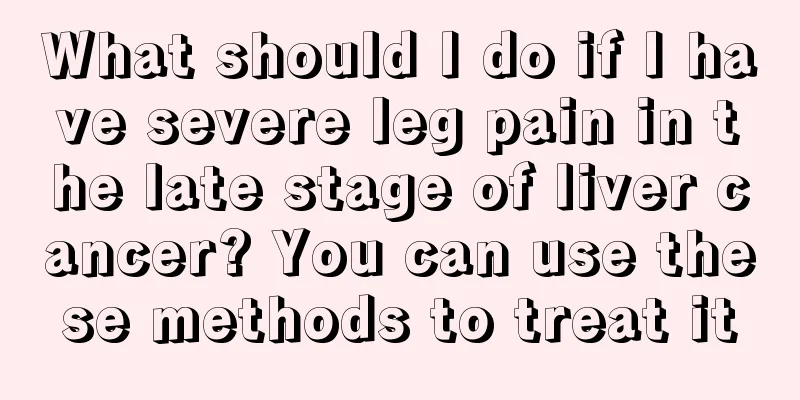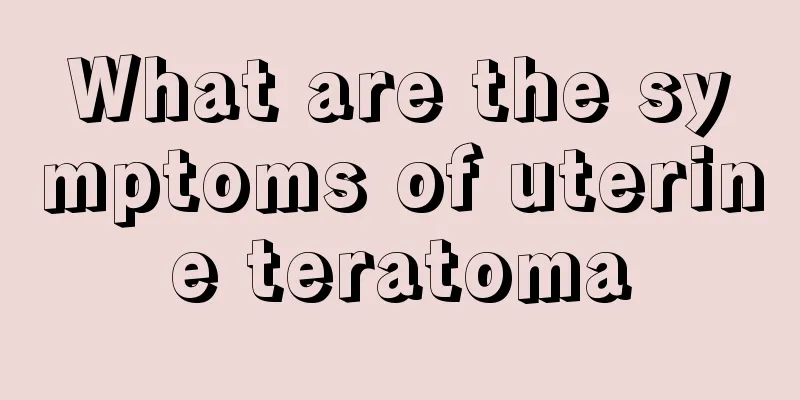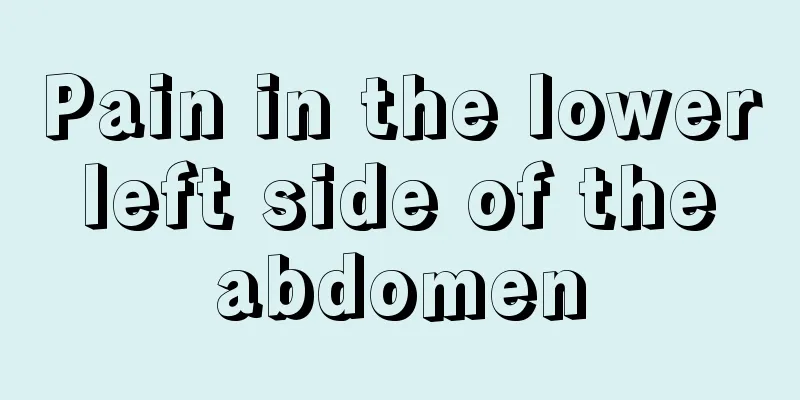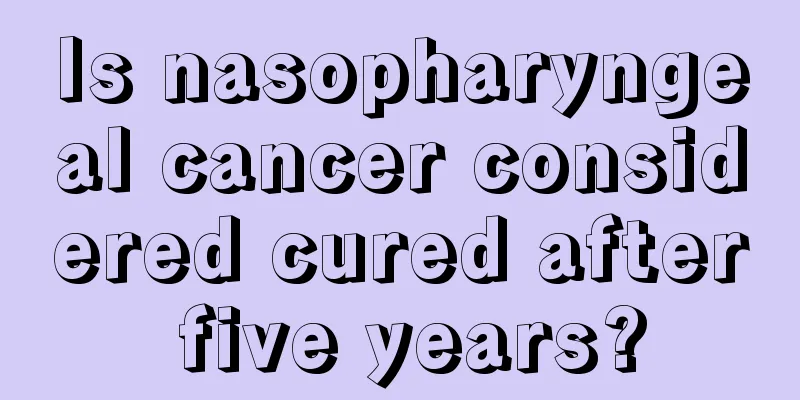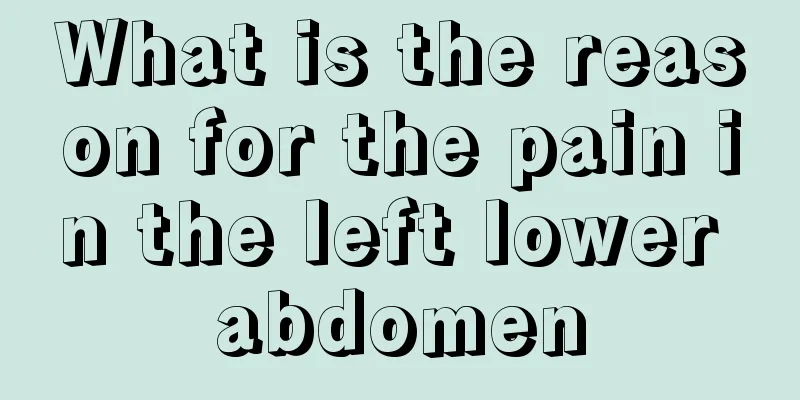Is chemotherapy for gastric cancer painful? How many days does chemotherapy take?

|
Chemotherapy does bring some pain to gastric cancer patients, and common side effects include nausea, vomiting, loss of appetite, etc. A chemotherapy session usually takes 4 to 5 days. 1. Side effects of chemotherapy After chemotherapy for gastric cancer, patients may experience a range of uncomfortable symptoms. Nausea and vomiting are the most common, experienced by almost every patient undergoing chemotherapy. Imagine the feeling of riding a roller coaster with your stomach churning, which is what many patients really feel. Loss of appetite, bloating, abdominal pain, and constipation may also occur. Although pain is not experienced by all patients, people with poor physical fitness may feel uncomfortable. 2. Schedule of chemotherapy The duration of chemotherapy varies depending on the type of drug and dosage form, but usually a chemotherapy session takes 4 to 5 days. During this time, the patient needs to be treated in the hospital, and the doctor will adjust the drug dosage and treatment plan according to individual circumstances. 3. Oral chemotherapy drugs For some patients with stomach cancer, oral chemotherapy drugs are an option. Commonly used drugs include capecitabine and tegafur. These drugs need to be taken continuously, and patients need to pay attention to rest during medication to ensure that the drugs can work effectively. The convenience of oral medication is that it does not require intravenous injection, but it also needs to be strictly followed by the doctor's instructions. 4. Intravenous chemotherapy Intravenous injection is currently the main method of chemotherapy for gastric cancer. This method requires a needle to be placed in the neck vein, and the drug is injected into the body through intravenous infusion. After the chemotherapy is over, the needle will be removed. Commonly used chemotherapy drugs include carboplatin, cisplatin and paclitaxel. Although these drugs are effective, they may also cause more severe side effects. 5. How to reduce the pain of chemotherapy Facing the discomfort caused by chemotherapy, patients can take some measures to relieve the pain. Maintaining good eating habits and choosing easily digestible foods can help relieve gastrointestinal discomfort. Moderate exercise and adequate rest are equally important. They can improve the body's tolerance and help patients better cope with chemotherapy. Psychological support should not be ignored. The company of family and friends can give patients strong spiritual strength. 6. The importance of personalized treatment plans Each patient's physical condition and response to drugs are different, so a personalized treatment plan is particularly important. The doctor will adjust the type and dosage of chemotherapy drugs according to the patient's specific situation to maximize the treatment effect and reduce side effects. Although chemotherapy for gastric cancer brings some pain, patients can better cope with these challenges through scientific treatment and good living habits. I hope that every patient can maintain a positive attitude during the treatment and recover as soon as possible. |
<<: Characteristics and patterns of gastric cancer pain
>>: How to diagnose gastric cancer
Recommend
White spot on coronal sulcus
There are many vitiligo patients in life. Vitilig...
Tips on how to wash a yellow pillow
Nowadays, many people begin to pay attention to t...
Can I eat soft-shelled turtles if I have advanced liver cancer? There are 4 things I should pay attention to when eating soft-shelled turtles if I have advanced liver cancer
Turtle is a common animal in life and is also a c...
What are the benefits of taking a rose bath
We often see on TV dramas a beautiful woman lying...
How to effectively treat blood arteries
Blood arteries are the blood flowing in the large...
Experts explain the main symptoms of advanced rectal cancer
Clinically, the symptoms of advanced colorectal c...
What causes pain on the left side of the back of the head?
I believe that many people have experienced this ...
How much does it cost to treat advanced gallbladder cancer
Gallbladder cancer is a malignant tumor disease t...
What is the reason for buzzing sound in the ears?
Many friends will find a buzzing sound in their e...
How to gain weight with bad stomach
The stomach and intestines are of great significa...
Ten quick ways to relieve eye fatigue, let’s take a look!
The simplest and most effective way to prevent ey...
How can I make my skin whiter_How can I make my skin whiter
As the saying goes, a white complexion can hide t...
Can chronic gastritis eat rice noodles
River vermicelli is a very popular delicacy in Gu...
Is it difficult to distinguish between lung abscess and lung cancer? Lung cancer and lung abscess can be distinguished in this way
Lung abscess and lung cancer are respiratory dise...
What to do if you have bloating when you wake up from sleep, 5 effective methods
It is a common phenomenon for babies to have bloa...


